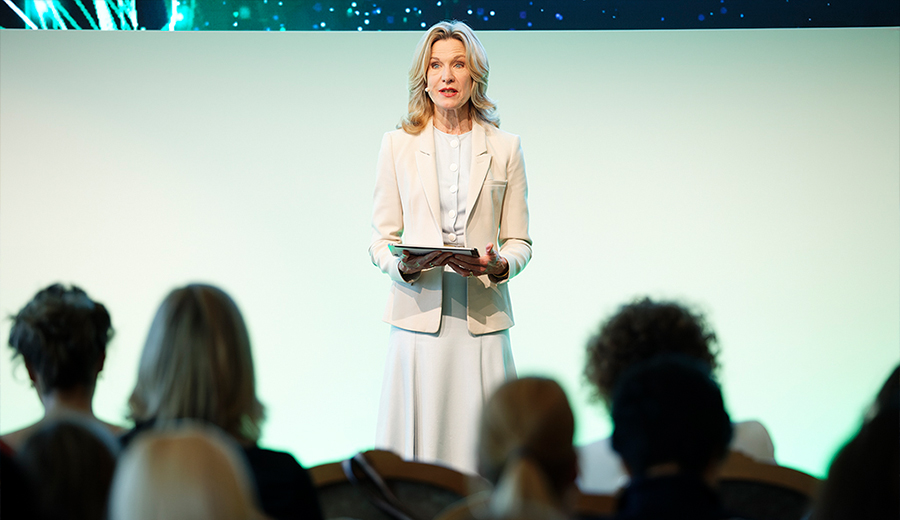
What makes the Generation Z so relevant for Leaders?
Generation Z, born between 1995 and 2010, makes up around 32% of the world's population and is the largest generation in the world. There are a lot of stereotypes about the Generation Z. They're lazy, entitled, and greedy – they don't want to work and still want to make a lot of money. Is this true? Let's find out!
In her guest article on our blog, Michelle Müller, Head of Consulting at the Generation Z agency ZEAM, reveals who the Generation Z really is and why you as a leader should pay attention to them.
Who is the Generation Z?
Let's start with the basics. Generation Z is born between 1995 and 2010. They account for around 32% of the world's population and are expected to number approximately 2.5 billion people. This makes it the world's biggest generation! Nevertheless, this is not the reality for the majority of Western countries. More people will exit the labour force than enter it in the future years. Because... the baby boomers are leaving the workforce! Because Generation Z has demographic power, businesses will be obliged to deal with and adapt to the requirements of young people as future employees. They are more open to new ways of working, such as remote work, and to the dismantling of hierarchies. At the same time, Gen Z is quickly becoming the most important customer segment for businesses. They are challenging the way products are consumed and used. Products and services that do not meet the needs of this customer group will be in trouble in the future.
True digital natives & the world in their hands
Often referred to as true digital natives, Gen Z is the first generation to grow up with the entire world on a few square centimeters in their hands. In addition to their experience in the physical world, they are used to moving, interacting, creating and being in virtual worlds. They move around the web like no other group of people and have fully integrated the smartphone into their lives.
Not only do young people move naturally through these virtual realities, but they are also influenced by what they see online because it is part of their living world. Their global connectedness has shaped their belief system, their view of the world and even how they want to work!
Future in other hands
Another notable characteristic of Generation Z is their commitment to social justice and activism. Growing up in a time of political turmoil and social unrest, they have been exposed to issues such as a global pandemic, wars and living in a world ravaged by environmental disasters.
Another challenge facing Gen Z is mental health. Studies show that young people today experience higher rates of anxiety and depression than previous generations.
Nonetheless, their future will be significantly influenced by the decisions taken by previous generations and how they cope with today's challenges. Yet, we can only tackle the difficulties ahead if we all work together. When it comes to defining the future for Generation Z and future generations, I believe the world has to talk to them rather than about them, and work with them rather than against them!
Comments
No Comments


